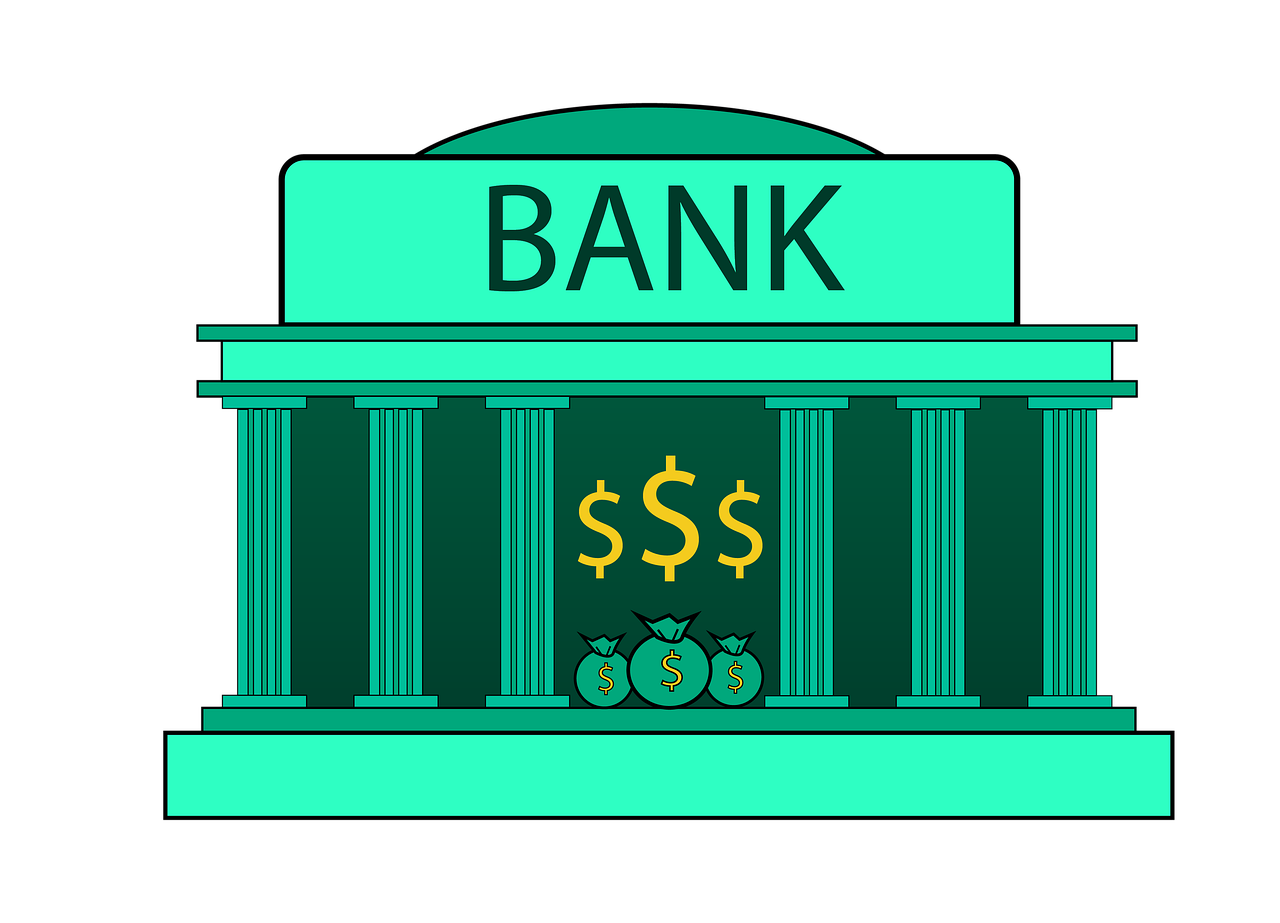Report by Hima Sutha
Here is a timeline of the series that’s been happening in the banking industry in March 2023:
March 10th, 2023: SVB collapsed.
March 12th, 2023: Signature bank was taken under control by the financial regulators –
third largest bank failure to date.
March 13th, 2023: President of the United States – Mr. Joe Biden, assured the country’s
citizens that their deposits are safe and will be paid back. During this time, shares of other
regional banks, including First Republic, continue to decrease.
March 15th, 2023: Credit Suisse’s shares started to decline. At this point, European banks
such as Deutsche Bank and BNP Paribus’ shares started to drop too.
March 19th, 2023: Credit Suisse was acquired by UBS for $3.25b after the intervention
of Swiss regulators.
March 27th, 2023: FIDC (Federal Deposit Insurance Corporation) announced that First
Citizens’ bank acquires SVB’s US division.
A lot is happening in a month, isn’t it?
However, three things in this timeline caused considerable changes in the banking industry worldwide – Credit Suisse being acquired by UBS, SVB failing (which we discussed before), and European bank’s shares/stocks declining. Let’s discuss Credit Suisse being acquired by UBS in more detail.
Credit Suisse being acquired by UBS (its competitor) is one of the most eventful bank deals to date. Headquartered in Zurich, Switzerland, Credit Suisse had over 50,000 employees worldwide managing assets up to 1.29 trillion Swiss francs. Credit Suisse, until mid-march was the second largest Swiss bank (1st – UBS), which was over 160 years old).
For quite a few years, Credit Suisse has been encountering quite a few issues. Unlike SVB, Credit Suisse’s main customers were wealthy/high-net-worth individuals and others who wanted to deposit their money in this bank. In 2021, the bank lost $5.5b (USD) due to Archegos Capital Management’s collapse. Archegos Capital Management was a company Credit Suisse lent its money, which couldn’t repay the money when the stocks of the companies they invested in fell.
Unlike the rating Moody’s gave SVB, Credit Suisse had a bond rating of Baa2 until it was acquired. Other rating agencies rated BBB- (Standard & Poor) and BBB (Fitch).
But why did Credit Suisse bank fail, and UBS buy it?
On March 15th, 2023, one of Credit Suisse’s most significant investors, Saudi National Bank, stated that they could no longer provide the bank with financial help. Back in the day, Saudi National Bank purchased a considerable number of stocks of Credit Suisse (when an individual purchases a stock, they are buying a small part of ownership in the company).
With Saudi National Bank deciding not to invest any more in Credit Suisse, the bank reached out to the Swiss financial regulators for help.
Saudi National Bank already owned 9.9% of Credit Suisse, and according to the regulations, no bank can hold 10% or more than 10% of another bank.
After this move, the stocks of Credit Suisse began to fall – the stock fell by 24% on March 15th, 2023.
Not only did the stock’s value begin to fall, but the bond’s value began to fall too, and in a week, the customers withdrew approximately $10b of their deposits when they noticed that the bank might be in trouble.
However, with the banking industry losing stability, ensuring another significant fallout did not occur was essential. If Credit Suisse failed just like SVB, the whole economic situation would have worsened, due to which the Swiss regulators decided to step in.
Later into the week, Credit Suisse received 54b Swiss francs from the Swiss National Bank and bought up to 3b francs of debt, which temporarily increased Credit Suisse’s stock up, which fell again the next day.
This was when the decision to be acquired by UBS was made and was a Swiss-government-administered sale.
UBS paid about $3.25b Swiss francs in stock.
In addition, the Swiss government announced they would cover $9b for potential losses on a few Credit Suisse assets.
On March 19th,2023, UBS Chairman, Mr. Colm Kelleher stated that buying Credit Suisse was a decision made as an emergency rescue for Credit Suisse.
Since UBS now takes over Credit Suisse, Credit Suisse shareholders (those who bought Credit Suisse’s stocks before the merger) will now get 1 UBS share for every 22.48 Credit Suisse shares the individual owned.
UBS also decided to shrink Credit Suisse’s investment banking arm. On March 29th, 2023, UBS announced that Mr. Sergio Ermotti, who previously worked at UBS, will now be returning to UBS as a CEO to help this deal succeed and help UBS thrive in the long run after the Credit Suisse acquisition.
After the acquisition, with UBS having to manage over $1.7 trillion in assets, it was essential to have a strong leader who would devise policies to help the company thrive.
Sergio Ermotti was the CEO of UBS from 2011-2020 and helped the bank to bounce back after the 2007-08 global financial crisis.

